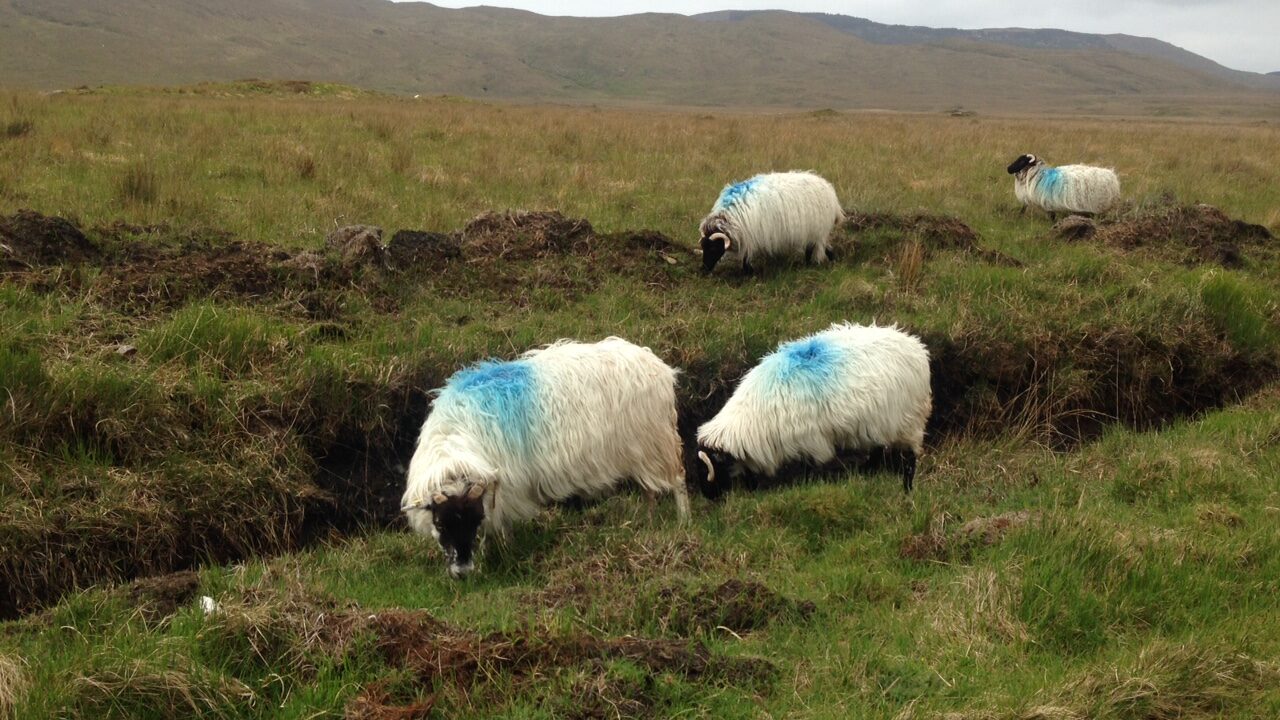This Friday, May 4, MEP Luke ‘Ming’ Flanagan will be hosting a conference on generating a livelihood from protected lands in the Bush Hotel, Carrick-on-Shannon, Co. Leitrim.
The conference – entitled ‘Generating a Return on High Nature Value (HNV) Land’ – will examine all potential uses and options open to farmers to maximize the return from their land.
This is an important event in advance of Common Agricultural Policy (CAP) reform 2020 – on which discussions are already under way in Brussels, Flanagan has said.
Conference goals
The conference aims to encourage farmers to look at their land in a new light. In a statement on the matter, Flanagan said: “We must move away from the notion instilled in us from an early age that the only worthwhile land is an acre of prime pastureland or an acre of tillage land.
Every acre of land in Ireland has its vital role to play in overarching goals of food production, the provision of public goods and climate mitigation.
Another stated aim of the conference is to challenge farmers to ‘think outside the box’, to no longer look at Natura designations or working with difficult terrain as a constraint – but rather as a “marketing advantage drawing attention to the pristine environment in which they operate”.
The MEP added: “This will require a change of mindset from landowners after years of negative commentary and short-sighted policy decisions.
“It is not necessary to reinvent the wheel to achieve these aims – many of the farming practices currently being carried out are sustainable from an agricultural and indeed from an environmental perspective.
“All good farmers understand the need for conservation, although they may not call in that. The importance of rotation – be it in crop or grazing, allowing the land to recover – is well-recognized and predated the current concepts of ‘conservation agriculture’ by thousands of years.”
These lands must be farmed in order that they will be maintained in optimal condition and supports are available within the CAP to do this. As the debate on the next round of CAP kicks off, farmers must “demand and insist that their lands and contribution are valued and supported realistically”, the MEP stressed.
Guest speakers
Guest speakers at the conference will be Humberto Delgado Rosa and Michael O’Briain, senior experts in DG Environment from the European Commission.
In addition, senior researcher on rural development from Teagasc, Aine Macken Walsh, and policy advisor from the World Agroforestry Centre, Patrick Worms, will also be present.
To ensure that these experts have a good understanding of the issues facing farmers and to get a feeling for the landscapes that will be discussed, they are undertaking a field trip for much of the early part of the day, meeting farmers and assessing for themselves firsthand the land types and issues facing farmers.
Encouraging people to attend, Flanagan said that the event is open to all – as it affects all – not just farmers.
Farmers are being tasked with increased responsibility above and beyond what was seen as their traditional role.
“There is an increasing recognition that the landscape that we regard as ‘natural’ is not truly natural, but testament to generations of hard work by farmers often in difficult conditions,” Flanagan said.
“If we want our landscape to be maintained – as we must in the shadow of climate change – and to have access to a secure supply of healthy food, there must be an honest discussion in society about what this will mean for farmers’ lives and incomes.”
